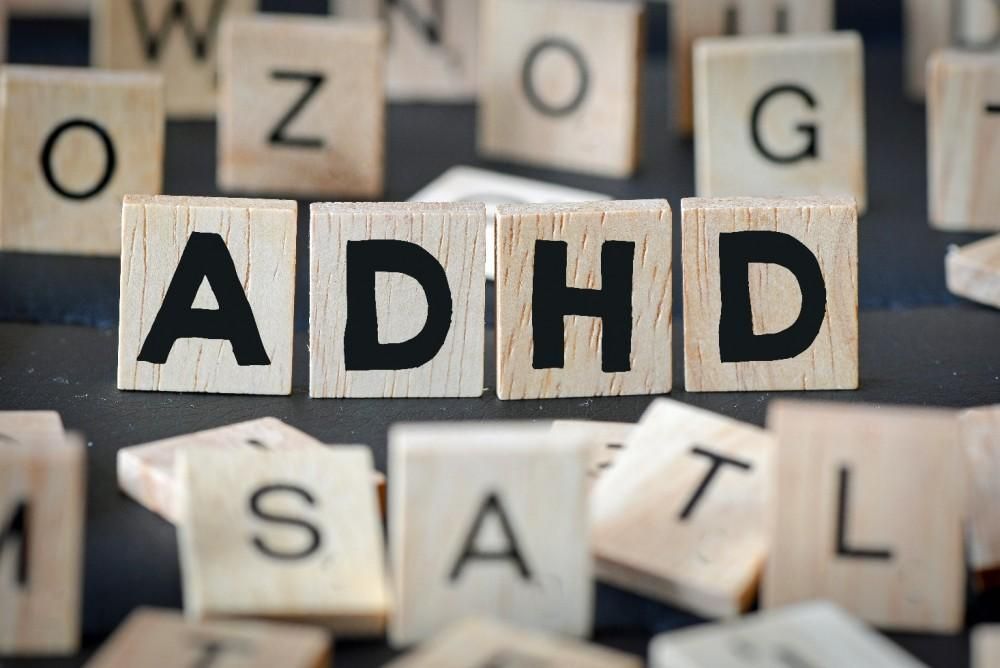Friendships, family relationships, and romantic relationships are a vital part of life. Having someone to rely on and spend time with is human nature. However, relationships often come with hard work, heartbreak, and ups and downs. This is especially true if you or your partner are dealing with attention-deficit hyperactivity disorder, or ADHD.
At Carolina Wellness Psychiatry, our practice boasts board-certified psychiatrists who offer integrative care and counseling when you’re struggling with ADHD in your relationship. Elizabeth Bullard,MD; Allison Foroobar, MD are our three in-house psychiatry experts, who provide you and your partner with the tools needed to have a successful relationship. Also on staff is Sarah Gilbert, PhD, a licensed psychologist, who assists with couples therapy.
Understanding ADHD
ADHD is a neurodevelopmental problem that affects your attention and causes you to be hyperactive. This is a chronic problem, meaning you have it for your entire life. However, there are plenty of treatments available to help you cope with ADHD symptoms.
ADHD causes a variety of symptoms that affect many aspects of your life. You may have difficulties with things like:
- Concentration
- Organization
- Managing time
- Self-restraint
- Attention and motivation
Impulsiveness is another aspect of ADHD that makes relationships difficult. Sometimes, the symptoms related to ADHD interfere with your life..
How ADHD presents relationship challenges
ADHD is difficult not only for you, but for your partner, friends, and family as well. It causes specific issues that can harm a relationship. Some of the ways ADHD causes strain on relationships include:
Forgetfulness
If you have ADHD, it’s sometimes hard to remember what you promised your partner. Forgetfulness is common, but it can cause challenges in relationships, as it makes your partner feel like they can’t rely on you.
Impulsive decisions
Impulsivity is a huge detriment in a relationship, especially when it comes down to money. If you have ADHD, you may find yourself making large, unnecessary purchases without consulting your partner. This leads to fights about money and can hurt your relationship.
Difficulty with attention
Attention problems are common in ADHD. This is hurtful in relationships when you don’t seem like you’re paying attention to your partner, or when you zone out and forget about something important you discussed. This sometimes leads to your partner feeling insignificant and angry.
Lack of organization
Poor organization is definitely a challenge to someone with ADHD. If this is you, your partner may end up doing a majority of the chores or feel like the house is a mess all the time. This often causes negative feelings to the non-ADHD person in the relationship.
Emotional troubles
It’s often hard when you have ADHD to regulate your emotions. You may have the highest of highs and the lowest of lows, which makes it hard for your partner to keep up. Emotional outbursts are also common, because of a short temper or trouble relaying your emotions.
The benefits of an ADHD partner
Although ADHD presents many challenges when it comes to relationships, it also has its positive aspects. Having a partner with ADHD may actually help your relationship in many ways, including:
Positivity
Many people with ADHD have a positive demeanor and attitude about life. This is extremely helpful when problems arise in a relationship. A positive approach is the best way to move past obstacles.
Very social
If you or your partner have ADHD, you probably notice you have no trouble striking up conversations or meeting new people. Being social and talkative is especially helpful when it comes to relationships. It helps you talk out your problems, and makes for great date nights out.
Open with feelings
People with ADHD wear their hearts on their sleeves. If you have this condition, you may notice that you’re an open book when it comes to discussing your feelings with your partner. This is a great attribute in a relationship.
Hands-on parents
When you have ADHD, it can contribute to being an amazing parent. Those with this disorder are often engaged and willing to participate. This is great when you have kids, as it makes you more likely to engage with them and participate actively in their lives.
If you need help with your ADHD symptoms, don’t hesitate to call us at 919-446-3232, or request a consultation using our online booking tool.




